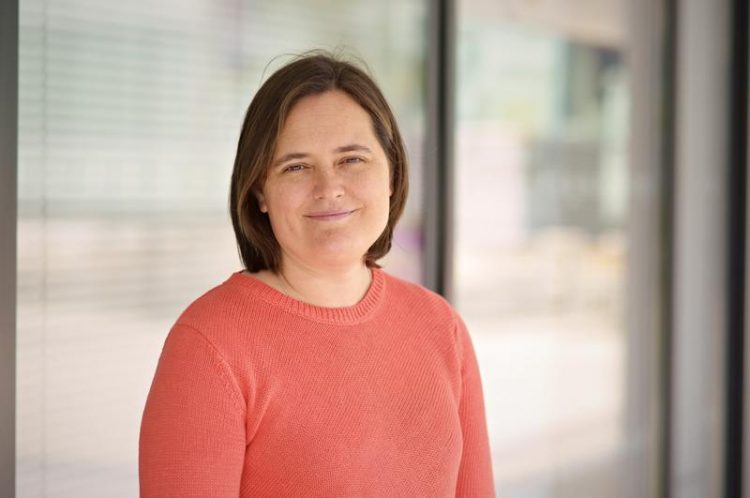Polymers and Fuels from Renewable Resources

Otto Roelen Medal 2018 for Charlotte K. Williams Oxford University
These tailor-made catalysts are capable of converting carbon dioxide, including waste emissions from industrial manufacture, into polycarbonate polyols.
These polyols form the basis for the production of polyurethanes which are widely applied including in home insulation, furniture, adhesives, apparel and automotive sectors. The catalysis to recycle carbon dioxide helps to considerably reduce greenhouse gas emissions associated with polyol production.
In addition to tailor-made catalysts for the copolymerization of carbon dioxide, Charlotte Williams has recently developed switchable catalysts enabling block sequence selectivity from monomer mixtures.
She has also prepared highly stereocontrolled catalysts for the polymerization of lactides and colloidal nano-catalysts for the conversion of carbon dioxide to methanol. Her research has been commercialized and she is the founder of “Econic Technologies” which employs >25 staff (http://econic-technologies.com).
Charlotte Williams is currently Professor of Inorganic Chemistry and Tutorial Fellow at Trinity College Oxford / UK. She earned her doctorate at Imperial College London / UK and then worked as a postdoc at the University of Minnesota /USA and Cambridge University /UK. From 2003-2016 she was an academic at Imperial College London and held a professorship in Catalysis and Polymer Chemistry.
Charlotte Williams has already received awards for her research: Sir John Meurig Thomas Catalysis Medal (2017), Royal Society of Chemistry (RSC) Corday Morgan Medal (2016), WISE (Women in Science and Engineering) Tech. Start Up Award (2015), Bio-Environmental Polymer Society Outstanding Young Investigator Award (2011), Royal Society of Chemistry Energy, Environment and Sustainability Early Career Award (2009), RSC Meldola Medal (2005); RSC Young Researcher Award (2001).
The Otto Roelen Medal has been awarded by DECHEMA every two years since 1997. It is endowed with 5,000 euros. Founded by the international chemical company Oxea (http://www.oxea-chemicals.com), it honours outstanding scientific achievements in the field of catalysis, which also have a strong industrial relevance. As a research and innovation-driven company, Oxea, founder of the worldwide technically significant oxo synthesis, has been supporting international catalysis research efforts for many years.
The German Catalysis Society (GeCatS) is the platform for the entire German catalysis community in the area of research and application. Currently it has some 1100 members from industry and academia. GeCatS promotes the scientific and technical dialogue between industry, universities, non-university research institutes and research policy institutions and represents the interests of the catalysis community on a national and international level. The German Catalysis Society is supported by DECHEMA, VDI-GVC, GDCh, DGMK und DBG.
Media Contact
More Information:
http://www.dechema.de/All latest news from the category: Awards Funding
Newest articles

After 25 years, researchers uncover genetic cause of rare neurological disease
Some families call it a trial of faith. Others just call it a curse. The progressive neurological disease known as spinocerebellar ataxia 4 (SCA4) is a rare condition, but its…

Lower dose of mpox vaccine is safe
… and generates six-week antibody response equivalent to standard regimen. Study highlights need for defined markers of mpox immunity to inform public health use. A dose-sparing intradermal mpox vaccination regimen…

Efficient, sustainable and cost-effective hybrid energy storage system for modern power grids
EU project HyFlow: Over three years of research, the consortium of the EU project HyFlow has successfully developed a highly efficient, sustainable, and cost-effective hybrid energy storage system (HESS) that…





















